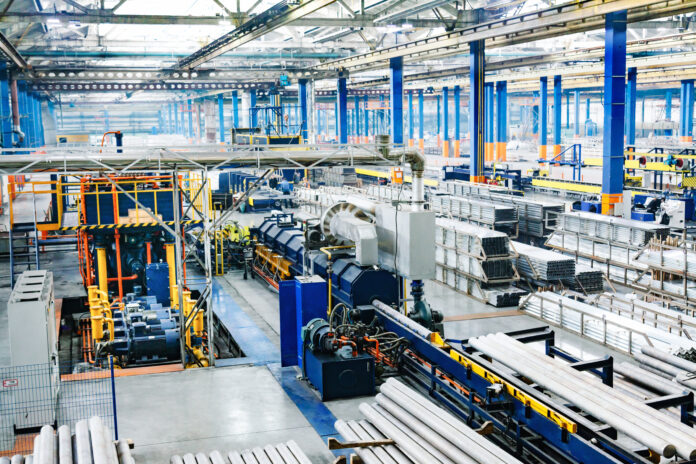
Australia’s ranking in the world’s Economic Complexity Index (ECI) has plummeted by 12 positions in the past 10 years, placing 93rd out of 133 countries, according to a new report from Harvard Kennedy School.
The Harvard Index examines the countries’ ability to manufacture and export diverse and complex items and services. The index has been a global benchmark of a nation’s global impact since 1995 when Australia ranked 55 on the index.
According to the Harvard Index report, Australia saw a troubling pattern of export growth, with the largest contribution to export growth coming from low and moderate-complexity products, such as Ores, slag and ash and mineral fuels, oils and waxes products.
With its continued fall in ECI rankings, Australia joins Uganda and Pakistan in the bottom third of monitored nations for economic complexity, further emphasising the imperative for Australia to boost its economic complexity by adding value to its natural resources and commercialising world-leading ideas through making more complex things, such as manufacturing.
“Australia’s continued fall in ECI rankings is completely predictable. If this is to change, then we must focus on transitioning away from a luck-based economy to becoming smarter if we are to protect our high standards of living and prosperity into the future,” said Dr Jens Goennemann, managing director of the Advanced Manufacturing Growth Centre (AMGC).
“There is no excuse for Australia’s poor ECI ranking and our continued decline shows Australia’s luck is on borrowed time. We have the human capital, abundant natural resources, and capable yet subscale manufacturers. The missing piece of the puzzle is long-term focus through continuity of programs and investment for industry – which other countries do well,” Goennemann added.
Since its inception in 2015, AMGC has advocated and demonstrated Australia’s potential in growing the complexity of its exports by co-investing in local manufacturing excellence. The organisation recently urged the federal government to feature in the National Reconstruction Fund (NRF) and Industry Growth Program initiatives that will assist Australia’s 40,00 small-to-medium-sized manufacturers in commercialising their ideas and scaling their operations.
For more information on Havard’s ECI report, visit atlas.cid.harvard.edu.




















